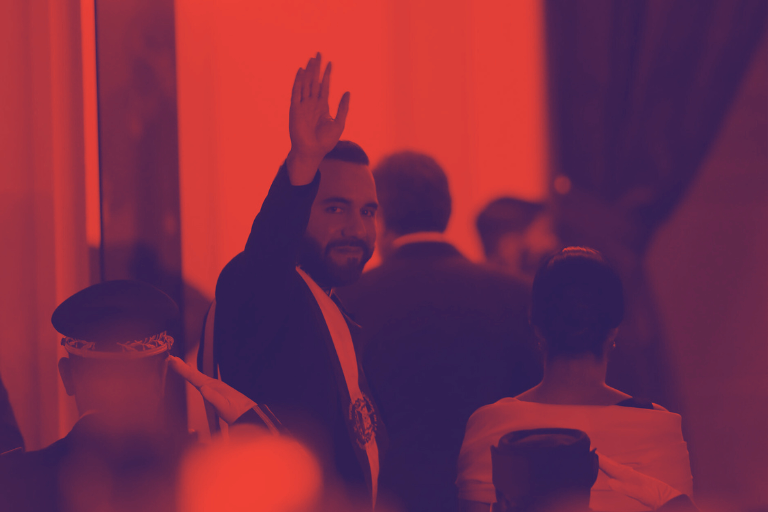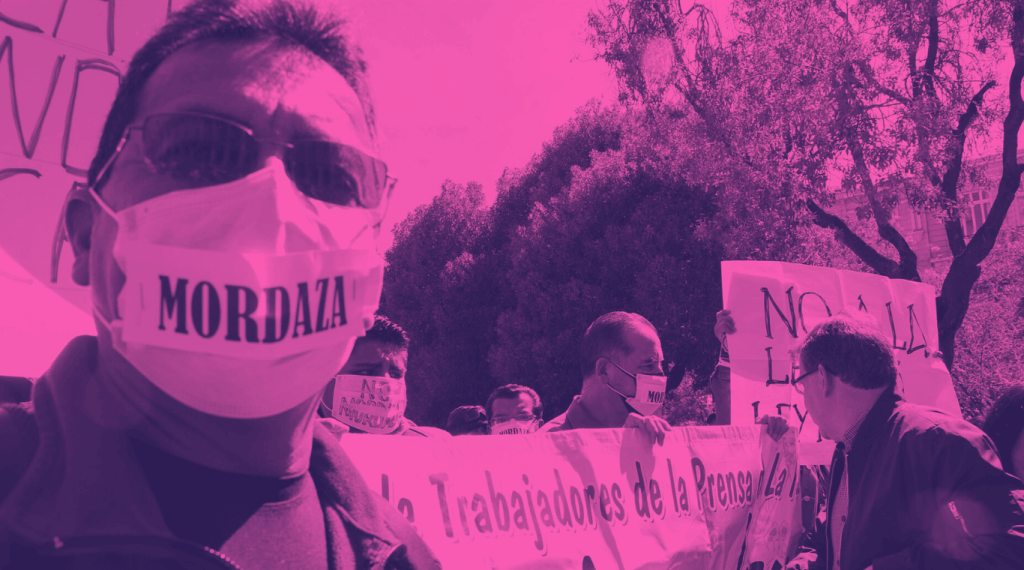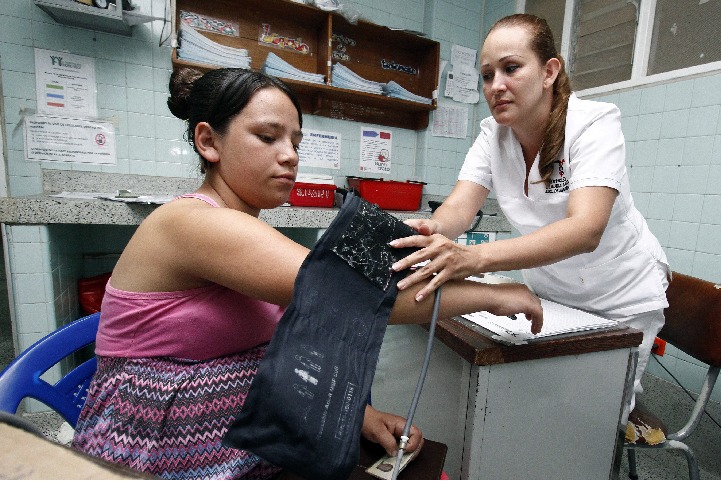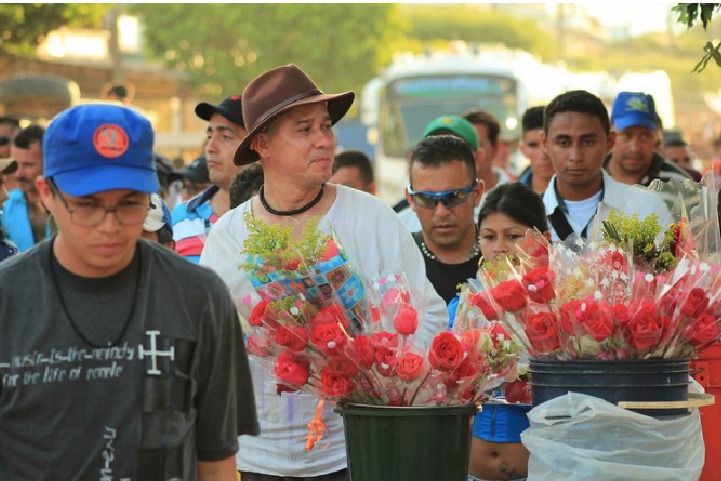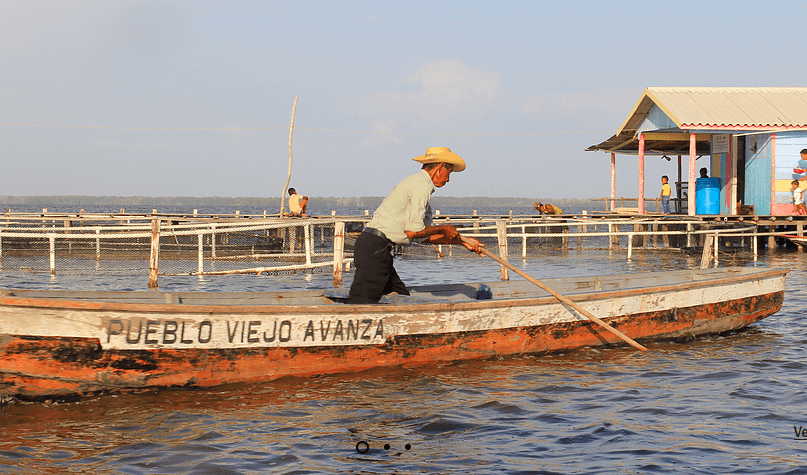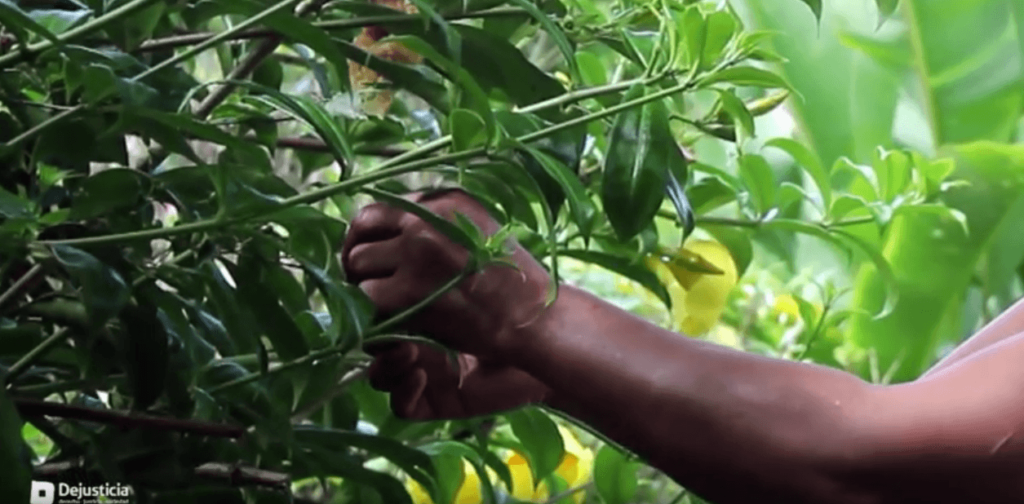News
LATEST IN COLOMBIA

News
Premiering justice
By Rodrigo Uprimny Yepes |
The new accusatory system that began to govern 20 days ago promises a substantial improvement in justice, but there is a lot to do to achieve it.
The Constitutional Court and Control of Presidential Extraordinary Powers in Colombia
By Rodrigo Uprimny Yepes |
The paper analyzes the attempts of Colombian Constitutional Court to control the abuse of presidential emergency powers in the last decade. After describing the dilemmas that governmental emergency powers pose to constitutional regimes and explaining some particularities of Colombian (a democracy under permanent emergency), the article focuses on the efforts of the Constitutional Court to exercise a “material” control of the declaration of a state of emergency by the President. According to this legal doctrine, it is the duty of the Court to analyze if the facts invoked by the government constitute a crisis severe enough to justify the use of emergency powers. The article shows that the Court has exercised this material control in a quite strict way and has nullified several declarations of a state of emergency by different presidents. The article tries then to analyze how this form of judicial review has been possible in a country like Colombia, with a precarious democracy and a cruel armed conflict. The article describes also the impact of this form of judicial control in Colombian politics and offer some more general conclusions based on Colombian experience
Is there justice?
By Rodrigo Uprimny Yepes |
The criminal trial reform seeks more efficient means of investigation, clearer judgments, more independent judges and more protected guarantees.
Criticisms of the Colombian Judicial Defense System: Response by Rodrigo Uprimny
By Rodrigo Uprimny Yepes |
The idea to improve the judicial defense system of Colombia is not that it will always be successful in winning cases but rather at times when cases are lost; it is because of the abuses that haunt you. Rodrigo Uprimny’s response to reactions to his column about the judicial defense system in Colombia.
What time is it? The re-election of Bush and the future of the United States-Colombia Free Trade Agreement
By César Rodríguez Garavito |
The re-election of George W. Bush will bring important consequences for American foreign policy on Latin America. César Rodríguez analyzes the effect of the election results on the Colombian Plan and on the negotiations of the United States-Colombia Free Trade Agreement between the United States and Andean countries.
Lessons of Saramago
By Danilo Rojas Betancourth (Socio inactivo) |
Danilo Rojas analyzes the ‘Essay on Lucidity’ by Saramago, which describes the incapacity of rulers to be viewed critically and their stupidity to believe that the population will always be seduced by their speeches that are rich with holiness or patriotism.
I don’t care if they call me a dictator.
By Dejusticia |
During his six years in office, Bukele has consolidated his power, paving the way to become the dictator he appears to be announcing himself as.
NGOs at risk of global extinction
By Dejusticia |
How can non-governmental organizations transform themselves? What were they like when they did not depend on international funding?
Colombia: going back to the original balance of justice
By Paola Molano Ayala |
There is a crucial aspect of Colombia’s transitional justice model that is worrying: the current inability of the Special Jurisdiction for Peace (JEP) to offer legal security to those who participated in the conflict, including in human rights violations, and have not been identified as among the most responsible. And making sure they also contribute to the satisfaction of the rights of the victims. The JEP must avoid keep moving towards maximalist approaches and go back to the balance in the Peace Agreement.
Elementa DD.HH. y Dejusticia presentamos un amicus en el proceso que adelanta el Asocazul y Cajar por afectaciones derivadas de aspersiones con glifosato
By Dejusticia |
El glifosato causó daños irreversibles a los campesinos del sur de Bolívar y el Estado debe repararlos. Así lo argumentamos en una intervención ante el Consejo de Estado.
Colombia must obtain resources to guarantee the right to health of Venezuelan migrants: Constitutional Court
By Santiago Ardila Sierra |
The high court protected the right to health of two undocumented Venezuelans and requested the government to advance as “expeditiously and effectively as possible” towards the full realization of migrants’ right to health, regardless of their immigration status. Dejusticia intervened in the case.
Dejusticia intervenes in defense of Venezuelan migrants’ right to health
By Dejusticia |
The Constitutional Court invited Dejusticia to present their legal opinion on two cases concerning the right to health of people coming from Venezuela.
The long wait of the JEP ahead of the decisions of the Constitutional Court and Congress
By Dejusticia |
In the last six months civil society organizations, such as Dejusticia, have called on both institutions to give free rein to the norms that consolidate the Special Jurisdiction for Peace.
Case of indigenous people of Bojayá who could not vote in the plebiscite is about to reach the Court
By Mauricio Albarracín |
Through a tutela, a group of Emberá claimed their rights to political participation and equality, because their economic situation and how far they live made it impossible for them to move to endorse the Peace Agreement. Dejusticia, human rights organizations, and indigenous leaders asked the High Court to review the case.
The Constitutional Court has the last word to save the Ciénaga Grande of Santa Marta
By César Rodríguez Garavito |
The environmental crisis of this ecosystem led fishermen to pursue a legal battle that reached the High Court. In this intervention, we support their demand that environmental authorities take urgent measures to stop the disaster and thus, protect their rights to healthy environment, dignified life and work.
Gender focus in rural reform is important but insufficient
By Ana Jimena Bautista |
The Gender-in-Peace Working Group -GPAZ, a group of which Dejusticia is a member, took part in the Public Hearing convened by the Constitutional Court, within the framework of the informal constitutional review of Decree 902 of 2017 “to facilitate the implementation of the Comprehensive Rural Reform contemplated in the Final Land Agreement, specifically the procedure for access and formalization and the Land Fund.”
Stories
From The Territory
We travel with 20 indigenous activists of the world to the heart of the Sierra Nevada de Santa Marta. Listen to this story about the Kankuama Resistance.
Dejusticia's
Documentaries
Discover some of the documentary pieces that we have made. Indigenous resistance, migration of Venezuelans to Colombia and stories of women coca growers, are some of our topics of interest.
